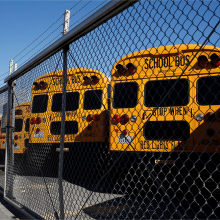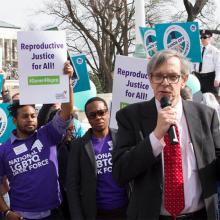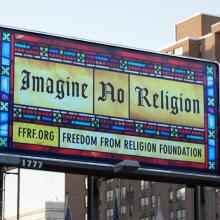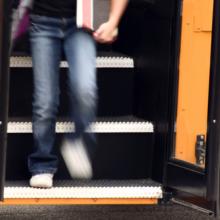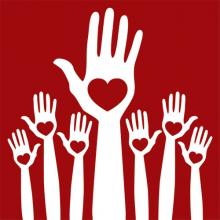public school
This Tuesday marked back to school day for my two boys, who are entering fourth and sixth grade at an Episcopal school that welcomes students of all faiths. The annual rite — which for our family always seems to involve the Mission: Impossible-style task, led by my wife, of getting all the right books and school supplies in time — left me with mixed feelings, which I suspect many fellow parents share. On one hand, I am excited for all the new school year offers my kids: new teachers, new friends, a new season of athletics, and all the other extracurricular activities that bring my kids so much joy. On the other, I feel the weight of a mounting crisis in our nation’s education system, especially in public schools, where the pandemic revealed such deep and long-standing racial inequities.
Families are anxious to hear whether, when, and how schools will reopen. They can’t. And it’s because of a failure of leadership.
After a quarter-century, the Rev. Barry Lynn is retiring as head of Americans United for Separation of Church and State.
In court, in congressional hearings, and on cable television, Lynn has led the fight against school-sponsored prayer, religious symbols on public property, and any law that allows government to privilege people of faith.
Legally, the federal civil suit the mother and the Wisconsin-based Freedom from Religion Foundation recently filed against Mercer County schools is clear-cut: It is unconstitutional to preach the Bible to students in school. But there’s another pressing reason to keep these classes out of public schools: to prevent ostracizing of religious minorities and atheists.
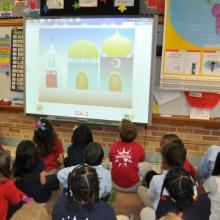
Image via Linda K. Wertheimer/RNS
Opponents of lessons on Islam often claim that Christianity takes a back seat in public schools’ religious instruction. That’s what an Augusta County, Va., mother argued recently when she opposed a teacher’s use of the Muslim statement of belief in a calligraphy exercise. She held a forum at a local church to protest how her religion wasn’t allowed in schools, but Islam was.
As with essentially any issue, you can find Christians with opinions all across the board regarding educational policy in the United States. I am not going to pretend there is one “right” political position for Christians to take or that I know all of the factors individuals consider when making choices about their children’s schooling. However, as a Christian, former public school student, and a public school teacher, there are three requests I would make of Christians regarding their conversations and their actions when it comes to education.
1. Please focus your efforts on issues of significance.
In public schools, the loudest Christian voices revolve around issues like the debate about removing “under God” from the Pledge of Allegiance (a phrase added to the pledge in 1954, a pledge that itself was only formally adopted by Congress in 1942). Another hot-button issue involves prayer in schools. When I have participated in “See You at the Pole” events as a student and as a teacher, I felt more like the hypocrite Jesus described praying loudly on a street corner than Daniel refusing to alter his by-the-open-window prayer routine.
When I walk into Paola's first-grade classroom, I'm aware of her poverty. Nine out of 10 of the students at our school meet the federal poverty level guidelines. She is one of them.
She lives in a small apartment with her grandma, mom, sister and uncle; they make less than $26,170 a year.
As the Nobel Prize-winning economist Paul Krugman reminds us, she is all too likely to suffer from poor nutrition, inadequate health care, an inferior education and a bad future.
I'm struggling against her life-crushing poverty with all of the compassion, creativity and commitment within me.
Yes, I'm aware of her poverty. Today, however, I don't see it.

Pointsettia. Image via http://www.wylio.com/credits/Flickr/4170977646
Forget about that creche on the town green or the menorah outside the public library that the nice folks from Lubavitch Chabad will light for the first time tonight.
Now the Special Ops Humbug Unit of the War on Christmas has come for ... our flowers. Well, our shrubbery, technically.
